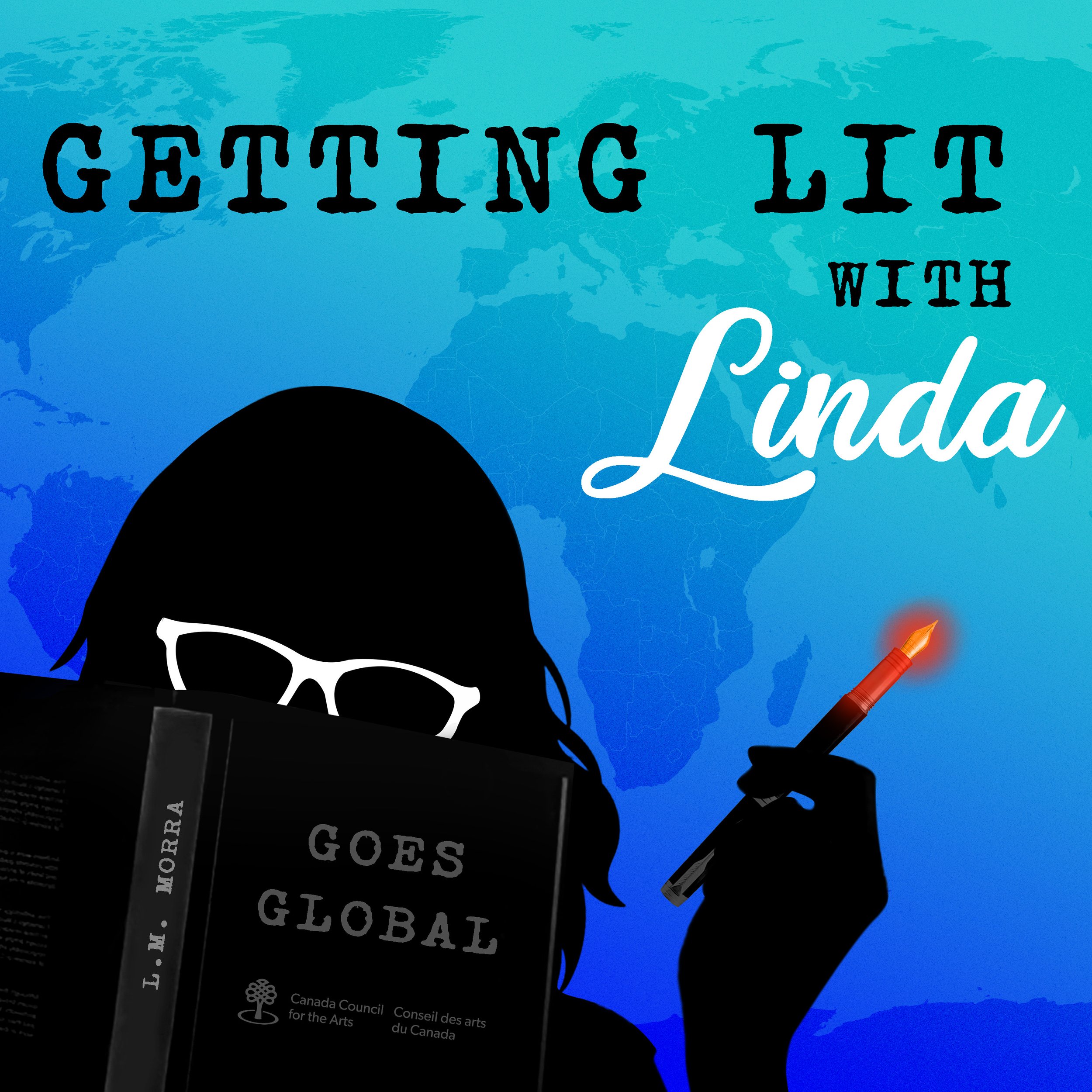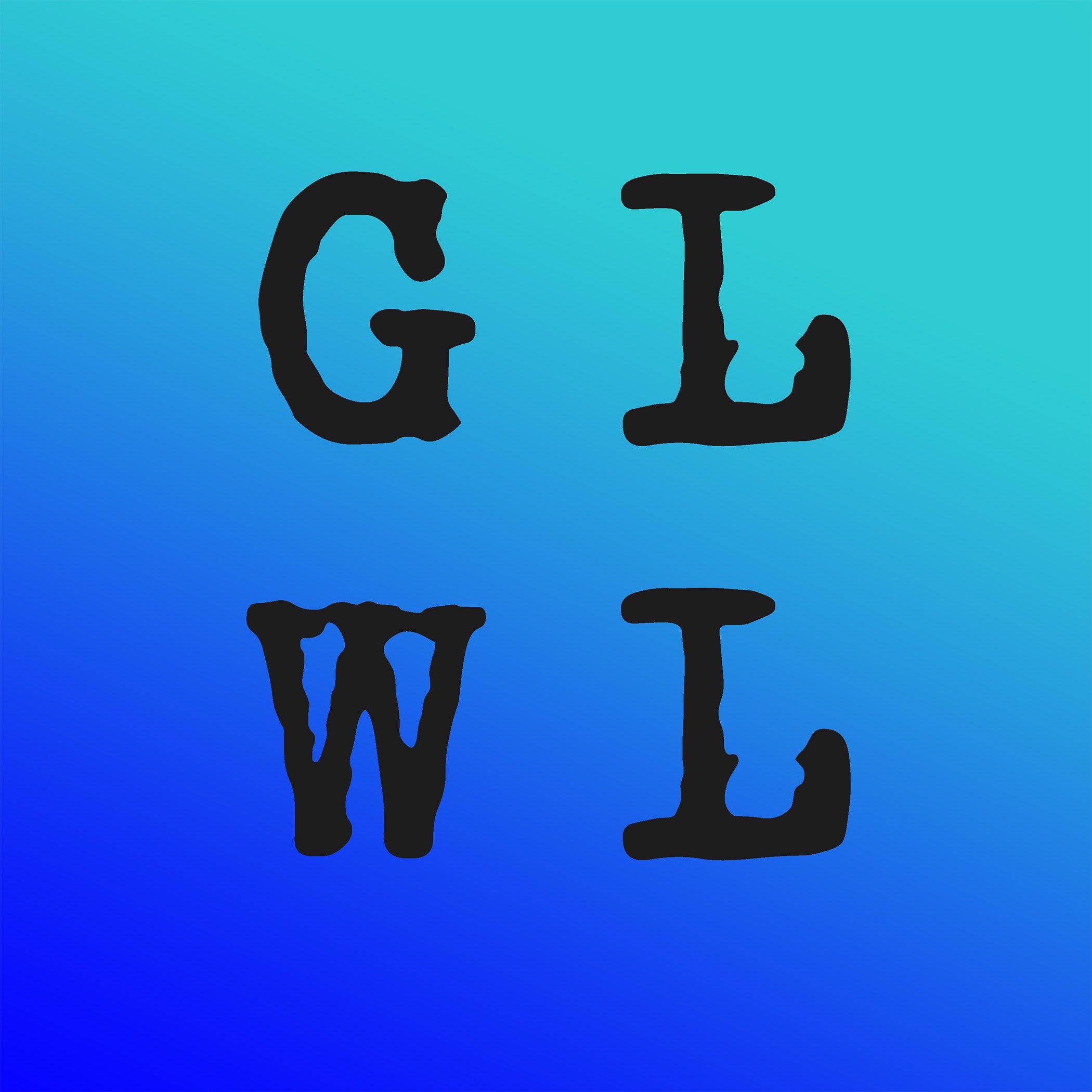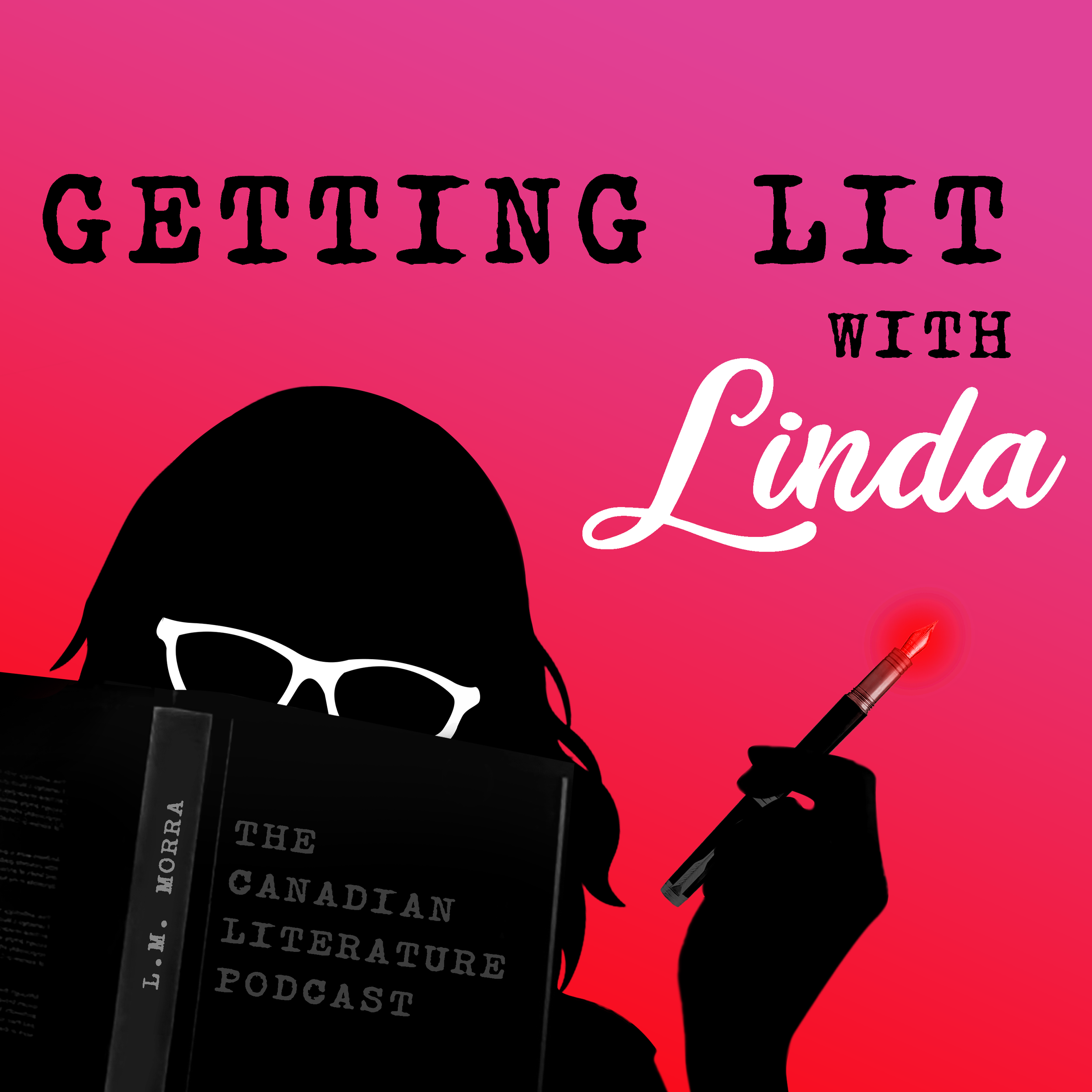The Miracles of Change & Second Chances: Madeleine Thien’s “Alchemy”
Why should we pay attention to scars or scar tissue? After the original injury heals and its pain recedes, should we ignore what’s left behind? In this episode, Linda mulls over these questions while considering Madeleine Thien's "Alchemy," from her collection, Simple Recipes. Don't know Thien's work? Check out her award-winning novel, Do Not Say We Have Nothing (which Linda discussed in Season 1, Episode 3) and her most recent novel, The Book of Records. She also offers her best wishes for the new year, in this, the last episode of Season 6 (2025).
A Story of Unfitting: Susan Swan's Memoir, Big Girls Don't Cry
In this episode, Linda reflects on how boxes are at times about imposed limitations. "Don’t box me in," you might argue – or let’s try to think outside the box (because we can’t stand the way things have been otherwise going. It’s time for a change). And it is this -- thinking and living outside the lines (and boxes) -- that Susan Swan’s wonderful new memoir, Big Girls Don’t Cry: A Memoir About Taking Up Space (HarperCollijns), compels us to do, to locate our sense of dignity and agency, to find our sense of self-worth.
Ring-Side Seats in a High-Stakes Environment: An Interview with Brian Stewart
Linda drove up to Hudson to interview the journalist, Brian Stewart, about his memoir, On the Ground: My Life as a Foreign Correspondent -- a perfect book for this year's theme, Getting Lit Goes Global. Stewart was, for decades, one of Canada’s most prominent television journalists, acclaimed for his foreign coverage for both CBC’s The National and The Journal. He worked in 10 war zones, hosted the CBC foreign affairs show Worldview, and interviewed many of the historic figures of his time. In this interview and in his book, Stewart speaks of the urgency of having journalists on the ground to bear witness to what is happening across the globe and of having journalists as moral witnesses, reminding audiences of the costs globally of famine and war and environmental disaster, of the need for greater political accountability.
Taking Out the Imperial Trash: An Interview with Jovanni Sy
Linda AND students of Bishop's University interview the award-winning Montreal-based playwright, Jovanni Sy, in this episode of Getting Lit With Linda. Linda considers how one of his plays in particular, A Taste of Empire (Talonbooks), obliges us confront the abuses of a system of globalization, wherein the processes involved in maximizing profit are brought to the fore. Even as the sous-chef, also named Jovanni Sy, tries to glamorize the industry of haute cuisine, we as spectators and readers must grapple with an imperialist system that undergirds it, that funnels wealth and resources from all corners of the earth to a centralized core.
Linda also announces a new award, the 2025 Getting Lit With Linda prize, being launched on December 15 of this year. Details about this award can be found on website, gettinglitwithlinda.com.
The Other Problem that Has No Name: Vijay Khurana’s The Passenger Seat
Perhaps strangely, Linda applies Betty Friedan’s 1963 feminist critique of patriarchal society The Feminine Mystique, and specifically the text “The Problem That Has No Name” (0:45), to The Passenger Seat by Vijay Khurana. An Australian/British author, Khurana wrote this very fine debut novel about the real-life events and the violent actions of two young men from Port Alberni, Northern BC. This novel thus addresses another problem not yet properly identified, except perhaps in more general ways: disaffected or disconnected young men in Western society, who are situated in that space between adolescence and adulthood, and who are making key decisions about who they will become as they mature.
“Digital Trespassing”: Human Rights in the Digital Age
Linda met Dr. Wendy Wong at a conference in Kelowna, organized by Dr. Karis Shearer (1:25) and hosted by SpokenWeb (1:20), when Dr. Wong spoke about her book, We, the Data (a nod to the preamble of the United States Constitution, 4:10) -- and, since then, Linda has been obsessed. Being an expert on archival theory in relation to women writers' materials, Linda has digitization - and now datafication (7:45) - very much on the brain (and probably on her computer too).
“Equity on a Bookshelf”: An Interview with Stephanie Sinclair
Does anyone remember that series, New Canadian Literature (NCL), produced by McClelland & Stewart? In this interview, Linda discusses the very much new and improved series, Kanata Classics (15:06), with Stephanie Sinclair, the publisher of McClelland & Stewart -- with special guest feature, Holly, her cat.
The Truth About Memoirs
In this episode, Linda examines the resurgence of the memoir, and what readers expect - and what she expects - when we pick one up. While the first part of the episode examines the features and history of the memoir, the last part is devoted to the wonderful new memoir by Susan Swan, Big Girls Don't Cry.. Stay tuned for an interview with Swan in a future episode!
The Lost City of Atlantis: Cherie Dimaline’s The Marrow Thieves
In this episode, Linda thinks about Atlantis as a way of considering the dystopian novel, Cherie Dimaline’s The Marrow Thieves (Penguin Random House). Using James Cairns’ In Crisis, On Crisis: Essays in Trouble Times (Wolsak & Wyne), she thinks about why we read novels that are apocalyptic in nature. Cairns, she notes, refers to Rumaan Alam’s Leave the World Behind (HarperCollins) and shows how we get some measure of satisfaction from reading them. Dimaline’s novel may offer that kind of satisfaction, but it is very much based in Indigenous community and what Daniel Heath Justice would call “embodied sovereignty.”
Invitation to Reparative Reading - An Interview with Canisia Lubrin about Code Noir
This episode of Getting Lit With Linda focuses on Canisia Lubrin’s award-winning book, Code Noir (Knopf 2023), for which Lubrin won the Carol Shields Prize for Fiction, among other accolades. In consideration of this book and how the reader is invited to engage with it, Linda mulls over Eve Sedgewick's essay, "Paranoid Reading and Reparative Reading, Or You're so Paranoid, You probably Think This Essay is About You." Applying Sedgewick's sense of the "reparative reader," Linda sees Lubrin's Code Noir (based on the real-life set of historical decrees that were passed centuries ago, in 1685 by King Louis XIV of France) as enjoining readers to participate in this way while considering the Black diaspora - not with a sense of paranoia (defensive!) but rather with an open and unassuming posture. Because, above all else, Lubrin's Code Noir reminds us of the possibilities of art, form, and language, and our engagement with them.
That Kind of Meta: The Double Life of Benson Yu (an Interview with Kevin Chong)
In this episode, Linda chats with Kevin Chong about his novel The Double Life of Benson Yu (Simon & Schuster) shortlisted for the 2023 Giller Prize. It's a "meta" novel, in some ways - a concept that Linda explains in this episode - but it also had Linda thinking about the social media platform, Meta (formerly, Facebook). Whatever insights you might glean from this association and from this interview, what is clear is the real and urgent need to re-examine various forms of masculinity. The timing of this episode’s release - Father’s Day - underscores this importance.
In this novel, the main character, Benson Yu, is writing a graphic novel based on his own life, and he tells us as readers what he can't or won't talk about because of his traumatic past and injured masculinity. It's a compelling read that makes us consider character and genre in ways that are quite provocative.
We, the Subplot: An Interview with Michael Crummey
What are flying monkeys?, Linda wonders - until her friend illuminates their place in relation to narcissists. Narcissism is key to understanding the Widow and Abe Strapp, two deliciously terrible main characters in Michael Crummey's novel, The Adversary (Knopf)-- which just won the Dublin Literary Award for 2025; this psychology is also key to understanding why certain subplot characters choose to orbit around them.
Since the novel may be read as a kind of running commentary on the present political moment, we must remember that we - not just readers, but rather the people who might see our reflections in the "subplot" characters - are important to the kinds of decisions made. The conditions of the subplot are affected by those of the plot - but that may also work in reverse. The interview with Crummey also connects his earlier novel, The Innocents (2019, Random House Canada), and The Adversary to William Blake's Songs of Innocence and Experience, explaining how these two novels might be read in relation to each other.
Adding People to a Family Isn't a Minus - Recalculating the Math Around Stepmothers (with Rachel McCrum and Amélie Prévost)
It's Mother's Day - and, while Linda considers how the mother is represented in several books (specifically Rachel Deustch (6:30), Boum (5:50; 6:55), and Mary Thaler (5:47), in their respective works, The Mother, Jellyfish, and Ulfhildr), she turns her attention to the figure of the stepmother, inspired in part by her conversation with the authors of La Belle-Mère/The Stepmother (L'Hexagone) by Rachel McCrum and Amélie Prévost (8:10) while she was at the Imagination Literary Festival (held at the Morrin Centre in Quebec City, 5:33).
C'est la fête des mères - et, tandis que Linda examine la façon dont la mère est représentée dans plusieurs livres (en particulier Rachel Deustch (6:30), Boum (5:50 ; 6:55), et Mary Thaler (5 : 47), dans leurs ouvrages respectifs,The Mother, Jellyfish, and Ulfhildr), elle s'intéresse à la figure de la belle-mère, inspirée en partie par sa conversation avec les auteurs de La Belle-Mère/The Stepmother (L'Hexagone) de Rachel McCrum et Amélie Prévost (8:10) lors de sa participation au festival littéraire Imagination (qui s'est tenu au Morrin Centre à Québec, 5:33).
Why Vigilance Matters - Carol Off's At a Loss for Words: Conversation in an Age of Rage
In this episode, Linda speaks with the award-winning CBC journalist of As it Happens, Carol Off, about her new (and fifth!) book, At a Loss for Words: Conversation in the Age of Rage (Listeners, keep your eye out: A new edition of Off's book will be available in the fall!).Published in 2024, Off wrote the book as a "cautionary tale," as she observes in this interview - and, since then, some important political moments have evolved across the American and Canadian border. The book examines how key words, including freedom, democracy and truth, are being hijacked and weaponized in order to diminish liberal democracy. Linda and Carol speak about Roe v. Wade, the Bathhouse Raids, the outbreak of AIDS, women's rights, Judith Butler, the 2024 American election, Christopher Ruso and the "Strong and Free" organization, Hannah Arendt (25:20), Stephen Colbert's "Truthiness," the results of the 2025 Canadian election, and Margaret Atwood's The Handmaid's Tale (29.09).
Carol Off reminds us - we are not entitled to our own facts (34:24) and we need to question everything (31:20).
Re-Learning the 3 Rs - Reading, Responsibility & Relationship
In this episode, Linda revisits and revisions the three “Rs” – reading, writing, and arithmetic – to reformulate a new triad. Why? Because, in her interview with Michaela Di Cesare about her play Successions, Linda learns more about Anthony, one of the main characters, and his disorder, known as prosopagnosia. Di Cesare explains that she thought of this disorder as a means of representing how patriarchal culture is often blind to women and to their needs. Anthony is literally unable to recognize women’s faces, unable to read their particularities and individual and very human traits. From this point, Linda develops a broader metaphor, beginning with considerations of literacy (see CBC’s recent assessment) to the need to recalibrate our critical reading apparatus – and then Maia Harris suggests Elaine Castillo’s How To Read Now. And that sets the stage for the interview.
"Now is the Time that Artists Must Get to Work" - Zilla Jones' The World So Wide
As a result of Zilla Jones’ The World So Wide, slated for publication with Cormorant Books on April 26, 2025, Linda reflects on opera (specifically Verdi’s La Forza Del Destino) – historically an elitist art form, but one that Felicity Alexander, the protagonist of Jones’ novel, in part challenges and overcomes through the very successes of her career. The trajectory of that career takes a darker turn when she finds herself in Grenada during the 1983 American invasion of that country – not an untimely revisioning of history in view of the current American political situation (27:40; 28:50).
What We Oughta Know ... About Powerful, Internationally-Recognized & Accomplished Women
In this first episode of Season 6 of Getting Lit With Linda, the host – Linda Morra – begins with a few important announcements: GLWL is now being supported by the Canada Council for the Arts! With that support, we have a "special" season that we're calling GETTING LIT GOES GLOBAL. It means we are emphasizing books or topics that take on international proportions or have international repercussions.
Getting Lit With Linda will now also feature an annual prize – more of that in future episodes. And we have a new team on board, featuring Maia Harris (Associate Producer), James Healey (Sound Producer), Aki Barabadi (Marketing Consultant), and Raphael Krux (Music).
Season 6 Teaser: Happy International Women’s Day!
Wishing all listeners of Geting Lit With Linda a very Happy International Women’s Day! With guest, Andrea Warner, we want to let you know that Season 6 is set to launch very soon!
The Nine Days Of/Before Christmas - and the Final One of Season 5
In this, the 78th episode and the final one of season 5, Linda offers the “Nine Days of Christmas” with nine different book recommendations for the holidays. Who makes the cut? Well, we could say you need to listen to find out, but we want you to find the books easily, so here they are with their links:
Alice Zorn’s Colours in her Hands (Freehand Books), Téa Mutonji’s Shut Up You’re Pretty (VS Books, Arsenal), Katherena Vermette’s Real Ones (Hamish Hamilton), Ian Williams', What I Mean to Say (Anansi), Sarah Polley's Run Towards the Danger: Confrontations with a Body of Memory (Penguin), Suzette Mayr’s The Sleeping Car Porter (Coach House Press), Derek Webster’s National Animal (Véhicule Press), Sue Goyette's A Different Species of Breathing (WLUP),and Bart Vautour’s The Truth About Facts (Invisible Publishing)
"But I'm Holding a Pineapple" - An Open Letter to Ivan Coyote
Linda writes an open letter to Ivan Coyote, in response to their book, Care Of: Letters, Connections, and Cures (published by McClelland & Stewart during the pandemic). This important volume of letters is extraordinary and, while we're no longer in the throes of a pandemic, it remains as relevant as ever. With references to WB Yeat's poem "The Second Coming" and an article by Anna Russell that appeared in The New Yorker, this episode highlights the vital contribution this book makes - and it's more than just a pineapple.



















